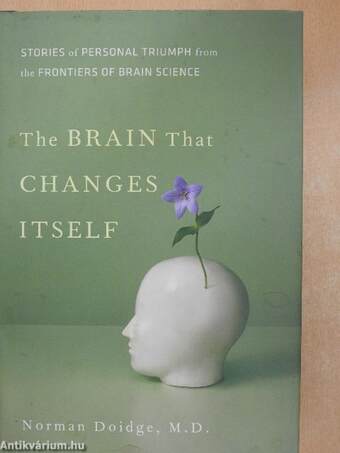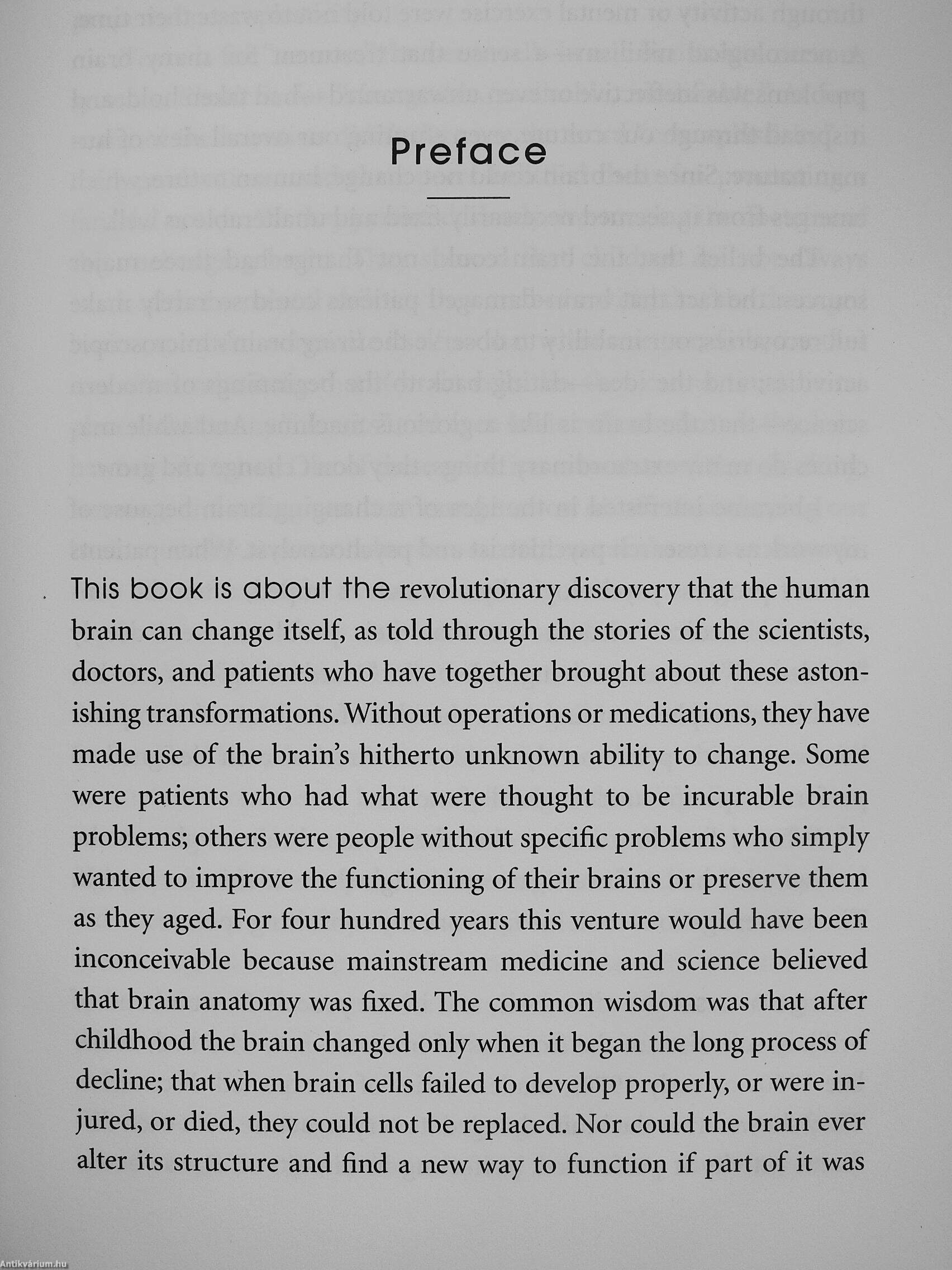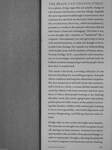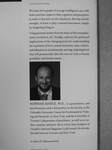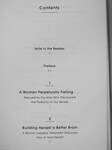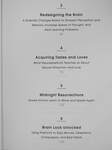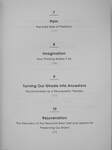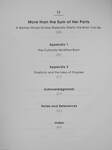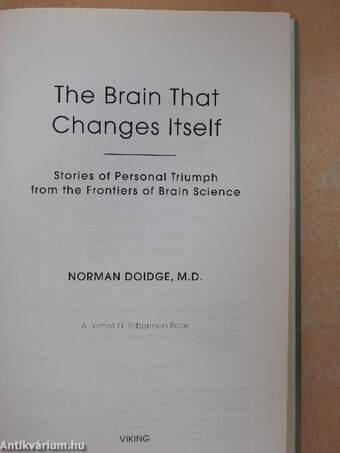1.067.715
kiadvánnyal nyújtjuk Magyarország legnagyobb antikvár könyv-kínálatát

VISSZA
A TETEJÉRE
JAVASLATOKÉszre-
vételek
The Brain That Changes Itself
Stories of Personal Triumph from the Frontiers of Brain Science
| Kiadó: | Viking Penguin |
|---|---|
| Kiadás helye: | London |
| Kiadás éve: | |
| Kötés típusa: | Fűzött keménykötés |
| Oldalszám: | 427 oldal |
| Sorozatcím: | A James H. Silberman Book |
| Kötetszám: | |
| Nyelv: | Angol |
| Méret: | 24 cm x 16 cm |
| ISBN: | 978-0-670-03830-5 |
naponta értesítjük a beérkező friss
kiadványokról
naponta értesítjük a beérkező friss
kiadványokról
Előszó
TovábbFülszöveg
'DOIDGE'S BOOK IS A REMARKABLE AND HOPEFUL PORTRAIT OF THE ENDLESS ADAPTABILITY OF THE HUMAN BRAIN."
praise for The Brain That Changes Itself
Only a few decades ago, scientists considered the brain to be fixed or 'hardwired' and considered most forms of brain damage, therefore, to be incurable. Dr. Doidge, an eminent psychiatrist and researcher, was struck by how his patients' own transformations belied this, and set out to explore the new science of neuroplasticity by interviewing both scientific pioneers in neuroscience and patients who have benefited from neuro-rehabilitation. Here he describes in fascinating personal narratives how the brain, far from being fixed, has remarkable powers of changing its own structure and compensating for even the most challenging neurological conditions. Doidge's book is a remarkable and hopeful portrait of the endless adaptability of the human brain."
-OLIVER SACKS
THE BRAIN CAN CHANGE ITSELF.
It is a plastic, living organ that can... Tovább
Fülszöveg
'DOIDGE'S BOOK IS A REMARKABLE AND HOPEFUL PORTRAIT OF THE ENDLESS ADAPTABILITY OF THE HUMAN BRAIN."
praise for The Brain That Changes Itself
Only a few decades ago, scientists considered the brain to be fixed or 'hardwired' and considered most forms of brain damage, therefore, to be incurable. Dr. Doidge, an eminent psychiatrist and researcher, was struck by how his patients' own transformations belied this, and set out to explore the new science of neuroplasticity by interviewing both scientific pioneers in neuroscience and patients who have benefited from neuro-rehabilitation. Here he describes in fascinating personal narratives how the brain, far from being fixed, has remarkable powers of changing its own structure and compensating for even the most challenging neurological conditions. Doidge's book is a remarkable and hopeful portrait of the endless adaptability of the human brain."
-OLIVER SACKS
THE BRAIN CAN CHANGE ITSELF.
It is a plastic, living organ that can actually change its own structure and function, even into old age. Arguably the most important breakthrough in neuroscience since scientists first sketched out the brain's basic anatomy, this revolutionary discovery, called neuroplasticity, promises to overthrow the centuries-old notion that the adult brain is fixed and unchanging. The brain is not, as was thought, like a machine or "hardwired" like a computer. Neuroplasticity not only gives hope to those with mental limitations, or what was thought to be incurable brain damage, but expands our understanding of the healthy brain and the resilience of human nature. Norman Doidge, M.D., a psychiatrist and researcher, set out to investigate neuroplasticity and met both the brilliant scientists championing it and the people whose lives they've transformed.
The result is this book, a riveting collection of case histories detailing the astonishing progress of people whose conditions had long been dismissed as hopeless. We see a woman born with half a brain that rewired itself to work as a whole, a woman labeled retarded who cured her deficits with brain exercises and now cures those of others, blind people learning to see, learning disorders cured, IQs raised, aging brains rejuvenated, painful phantom limbs erased, stroke patients recovering their faculties, children with cerebral palsy learning to move more gracefully, entrenched depression and anxiety disappearing, and lifelong character traits altered.
Doidge takes us onto terrain that might seem fantastic. We learn that our thoughts can switch our genes on and off, altering our brain anatomy. Scientists have developed machines that can follow these physical changes in order to read people's thoughts, allowing the paralyzed to control computers and electronics just by thinking.
(continued on back/lap) 0307
(continued from front flap)
We learn how people of average intelligence can, with brain exercises, improve their cognition and perception in order to become savant calculators, develop muscle strength, or learn to play a musical instrument, simply by imagining doing so.
Using personal stories from the heart of this neuroplasticity revolution, Dr. Doidge explores the profound implications of the changing brain for understanding the mysteries of love, sexual attraction, taste, culture, and education in an immensely moving, inspiring book that will permanently alter the way we look at human possibility and human namre.
NORMAN DOIDGE, M.D., is a psychiatrist, and psychoanalyst and a Researcher on the faculty at the Columbia University Center for Psychoanalytic Training and Research in New York and the University of Toronto's department of psychiatry, as well as an author, essayist, and poet. He is a four-time recipient of Canada's National Magazine Gold Award. He divides his time between Toronto and New York.
A James H. Silberman Book Vissza
Témakörök
- Orvostudomány > Ideg, elme > Pszichiátria
- Idegennyelv > Idegennyelvű könyvek > Angol > Orvostudomány
- Pszichológia > Pszichiátria
- Pszichológia > Idegennyelvű > Angol
- Orvostudomány > Ideg, elme > Idegennyelvű
- Orvostudomány > Ideg, elme > Neurológia
- Orvostudomány > Ideg, elme > Terápia
- Orvostudomány > Orvosi idegennyelvű könyvek > Ideg, elme
- Idegennyelv > Idegennyelvű könyvek > Angol > Pszichológia
Norman Doidge
Norman Doidge műveinek az Antikvarium.hu-n kapható vagy előjegyezhető listáját itt tekintheti meg: Norman Doidge könyvek, művekMegvásárolható példányok
Nincs megvásárolható példány
A könyv összes megrendelhető példánya elfogyott. Ha kívánja, előjegyezheti a könyvet, és amint a könyv egy újabb példánya elérhető lesz, értesítjük.



